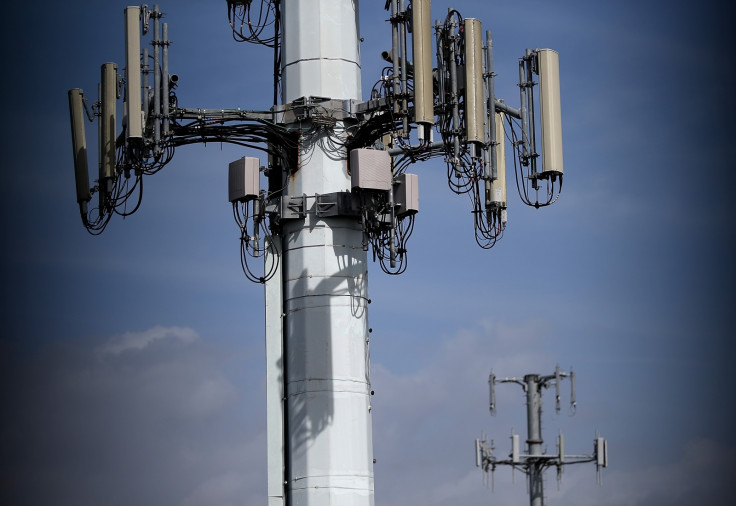Rubezh: Russia wants to use mobile base stations to detect missiles and drones
Russian firm designs airspace detection system that uses mobile base stations to spot flying attacks.

A Russian firm has come up with a new way to detect flying threats travelling at low altitudes ahead of time – turn mobile network infrastructure into a giant real-time detection system.
Russian defence technology giant Rostec has developed a threat detection system called Rubezh that piggybacks on the electromagnetic fields generated by mobile base stations in order to detect cruise missiles, drones and small aircraft that fly at extremely low altitudes.
In order to provide constant mobile coverage to an entire country, a large network of mobile access towers (cell towers if you're in the US), transmitters and repeaters work together to exchange signals through the air in order to pick up voice calls, SMS text messages and wireless connections to the internet.
As there are over 250,000 mobile base stations in Russia, being able to use existing mobile infrastructure as a giant invisible net to detect threats could be very useful, and best of all, Rostec says that it doesn't need to install anything new on the radio masts, and it won't cost mobile operators anything, according to Russian national newspaper Izvestia.
Instead, the system is installed at the military's air defence system control posts which connect remotely to the mobile network, and when the base stations detect a change in the electromagnetic field around them due to metal objects entering the area, the terminal picks it up and sends an alert is sent to the Armed Forces' National Defence Control Centre (NDCC) in Moscow.
The system will use radar to determine which class the object belongs to, whether it's a drone, missile or helicopter, for example, and immediately send that data to command and control centres so the Russian Aerospace Forces can decide how to react.
Interestingly, Rostec says that its system will not interfere with the operation of the GSM mobile network, and it will operate 24 hours a day to create an electromagnetic field across multiple frequencies. The firm also says that the system could be useful to monitor civilian aircraft and helicopters in order to spot aircraft in distress, as well as to locate survivors in the event of a plane crash.
However, telecoms experts in Russia are already sceptical about how effective the Rubezh system will really be, because it all depends on where the mobile base station is located, and the density of buildings in the area. If the flying objects comes in from a particular trajectory, it could affect how quickly the system can perceive the threat before it is too late.
IBTimes UK has contacted Rostec to ask for clarifications on the system and further technical details about how it can work.
© Copyright IBTimes 2025. All rights reserved.






















